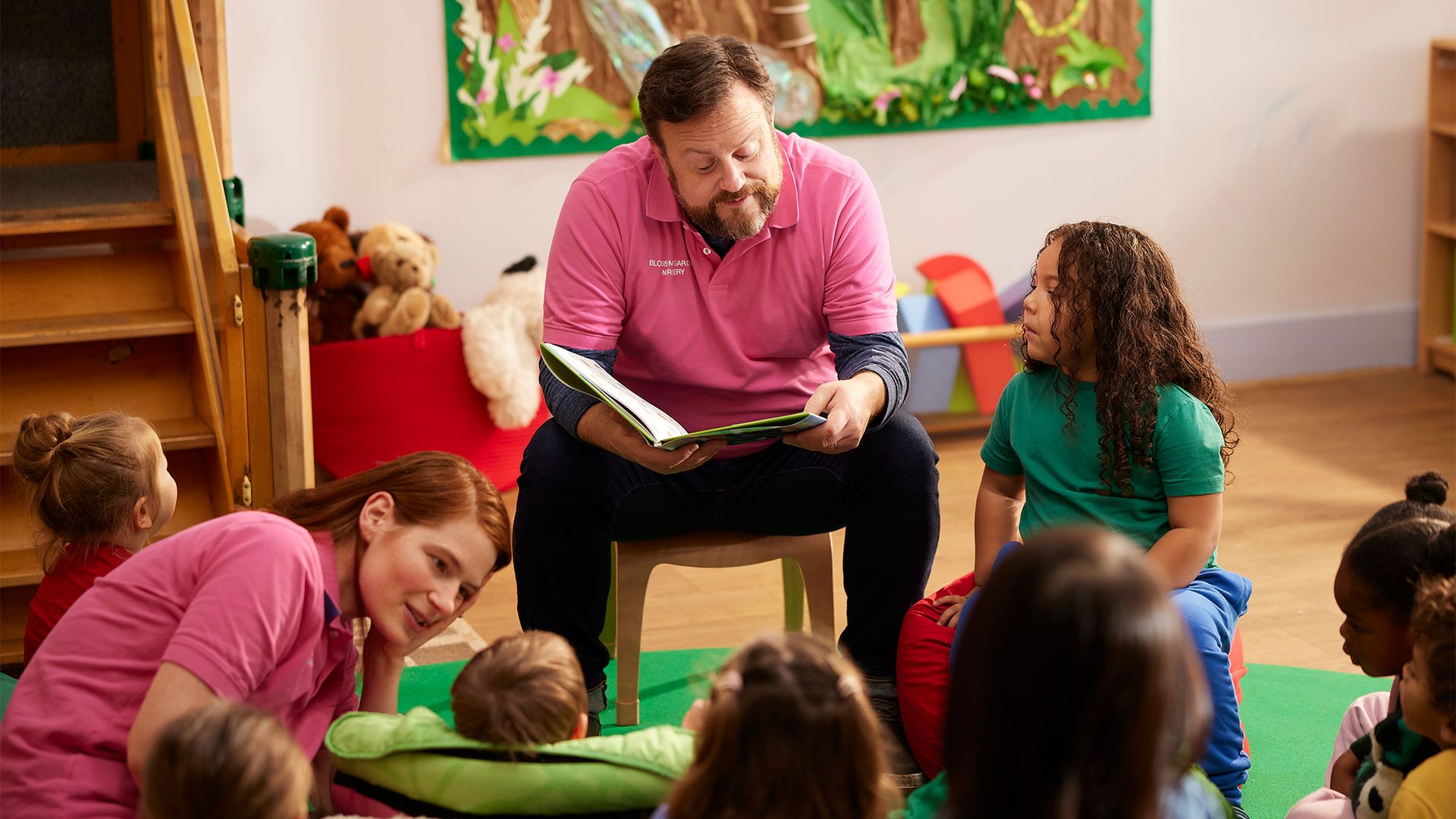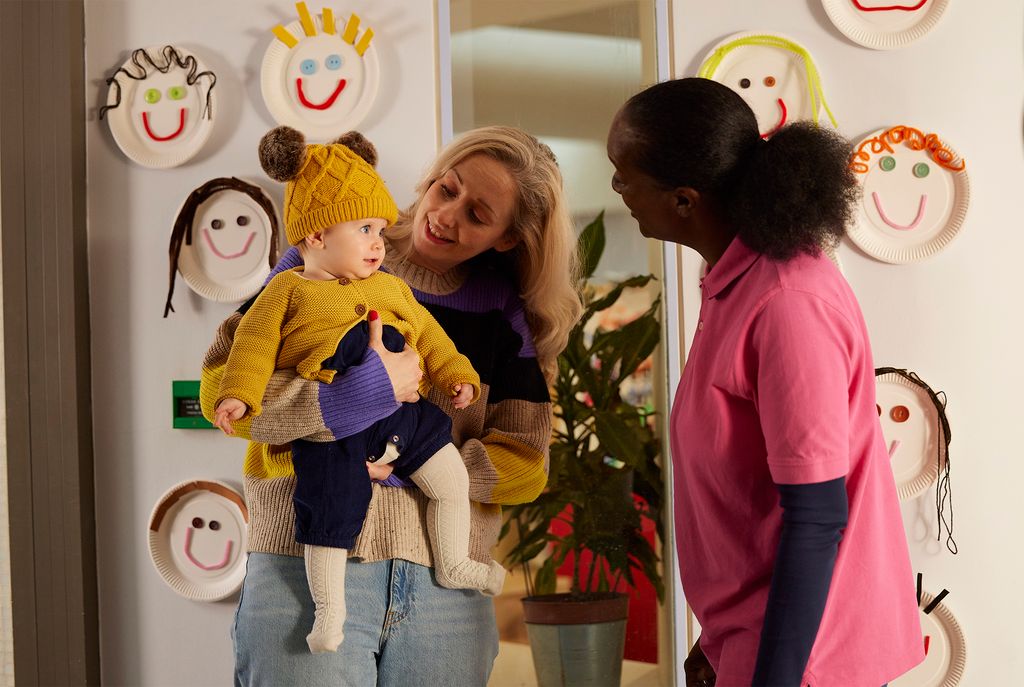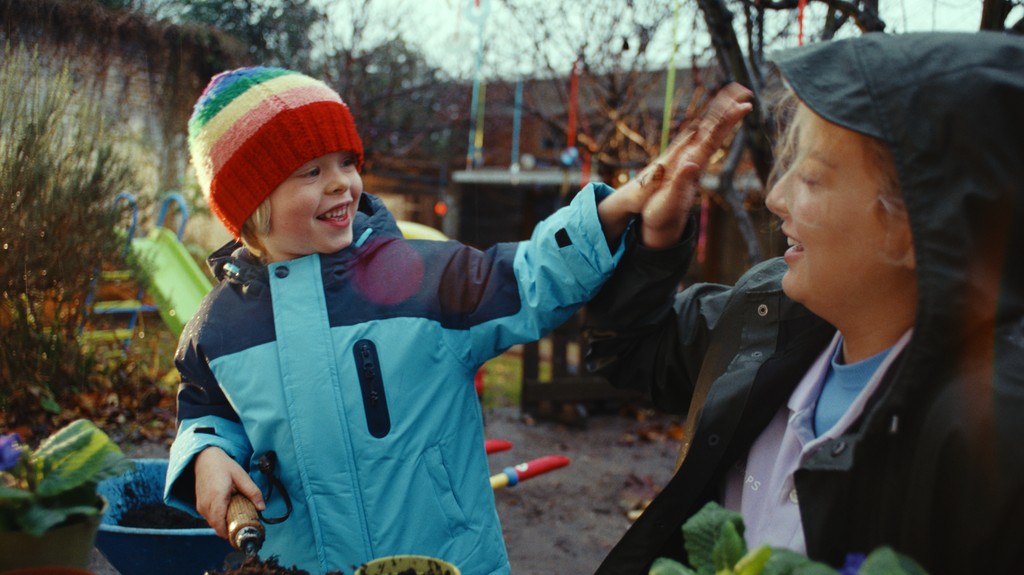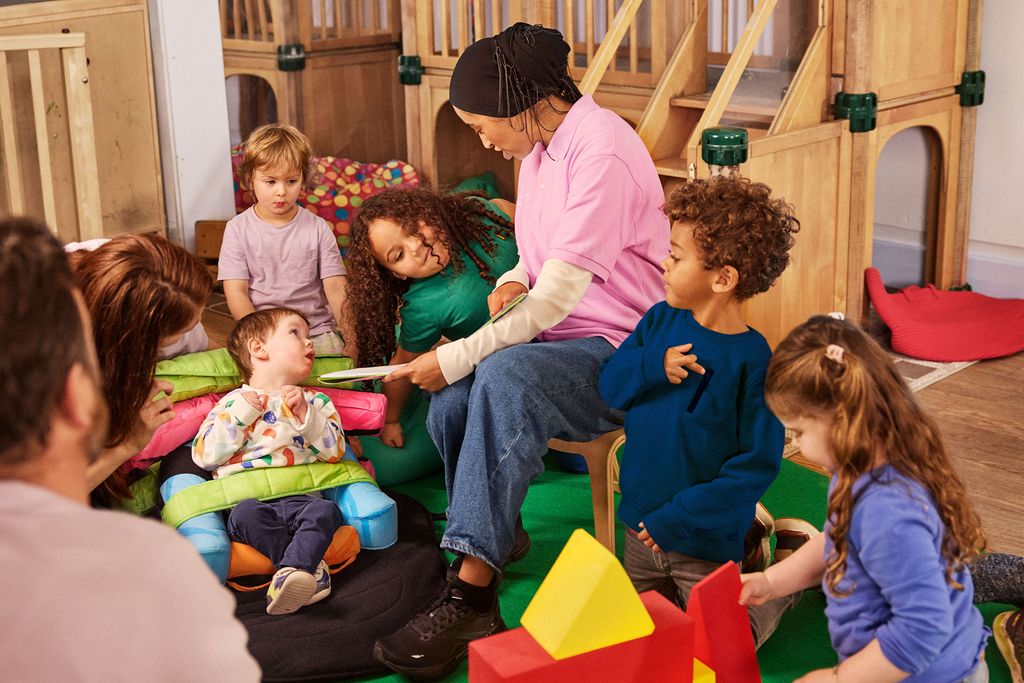The first five years of a child’s life are considered the most formative in life, as children learn faster than at any other time. Our physical, socio-emotional, cognitive and motor development are accelerated through the experiences, relationships and surroundings we experience during this time – all of which have a lasting impact on our mental and emotional wellbeing, our ability to form relationships and thrive in a career.
With the roll-out of new government funded 15 hours of childcare for two-year-olds this April, there are even more opportunities for those interested in a career working with young children.
From nursery or pre-school professionals through to childminders and those running wraparound clubs for children of primary school age, careers working with young children provide some of the most fulfilling, impactful and rewarding experiences in life.
As Laverne Antrobus, Child and Educational Psychologist shares: “This time in a child’s life is uniquely important. Professionals in this sector will feel the rewards from working with this incredible age group as you help shape the way that young children communicate, manage their emotions and explore and understand the world.”
Every day is different when you’re looking after young children, and not only does this type of role give you an opportunity to use your own creativity and imagination through play and exploration, you also get to share in each child’s joy as they grow, achieve and succeed in their development.
Clare Roberts OBE is the Founder and CEO of Kids Planet Nurseries. She shares that the early years "are the foundation stones which set the child up for the rest of their future in terms of their learning, development, and relationships.
"They also have a really valuable role in supporting parents as the primary care giver and lay the foundations for the qualities that we all develop as we grow through education and beyond in terms of resilience, understanding, empathy and enable us to form as unique individuals”.
With the opportunity to shape future generations, careers in early years also offer a rewarding and varied working experience, the chance to gain qualifications as you train and the chance to work flexibly and close to home.
Working with young children is also valued and respected by parents. An independent study carried out by the Department for Education in January 2024* found that almost all respondents (97%) believe that that their child’s early years professional had an impact on their child’s development, while three quarters (74%) of British parents described early years professionals as ‘real-life superheroes’.
But what skills do you need? Laverne Antrobus comments: “In this role you will see children thrive whilst you alternate between your skills of understanding, patience, care and warmth to provide the secure base that young children need.
"Bringing your compassionate approach to help children face the highs and lows, and growing their confidence to keep trying even when things feel tough will prove a steadying feature.”
With 30,000 nurseries and pre-schools currently operating in the UK and the upcoming rollout of increased government-funded childcare entitlement, there is a wealth of opportunities to join the sector, from apprenticeships to jobs for those who are qualified.
From April, some areas will be able to offer up to 3000 new early years professionals a £1000 tax-free cash boost, which they will receive following their three-month probation period. Some jobs in nurseries don’t need a specific early years qualification, so those interested can apply directly and if successful start working straight away.
Anyone working with children will need to pass enhanced DBS checks and, subject to each role, complete the relevant safeguarding training.
Local Authorities also provide specialist support and training for those working with neuro diverse children and those with additional needs where required. There is also the chance to earn while you learn and complete an apprenticeship at level 1 or 2, which is the equivalent to gaining a GCSE.
From full-time and flexible part-time roles, to those that can be done from your own home, explore the best pathway into early years education for you via the Department for Education’s website.
“All these jobs play a key role in the early development of young children. A career in early years is a unique opportunity to be alongside children as they hit those important milestones that will help them be ready for school, and to explore and understand the world.” says Laverne.
Take your first step and do something big, today. Search early years careers and browse the Department for Education website.
(*source: https://perspectusglobal.com/department-for-education-early-years-campaign-key-survey-statistics/)












